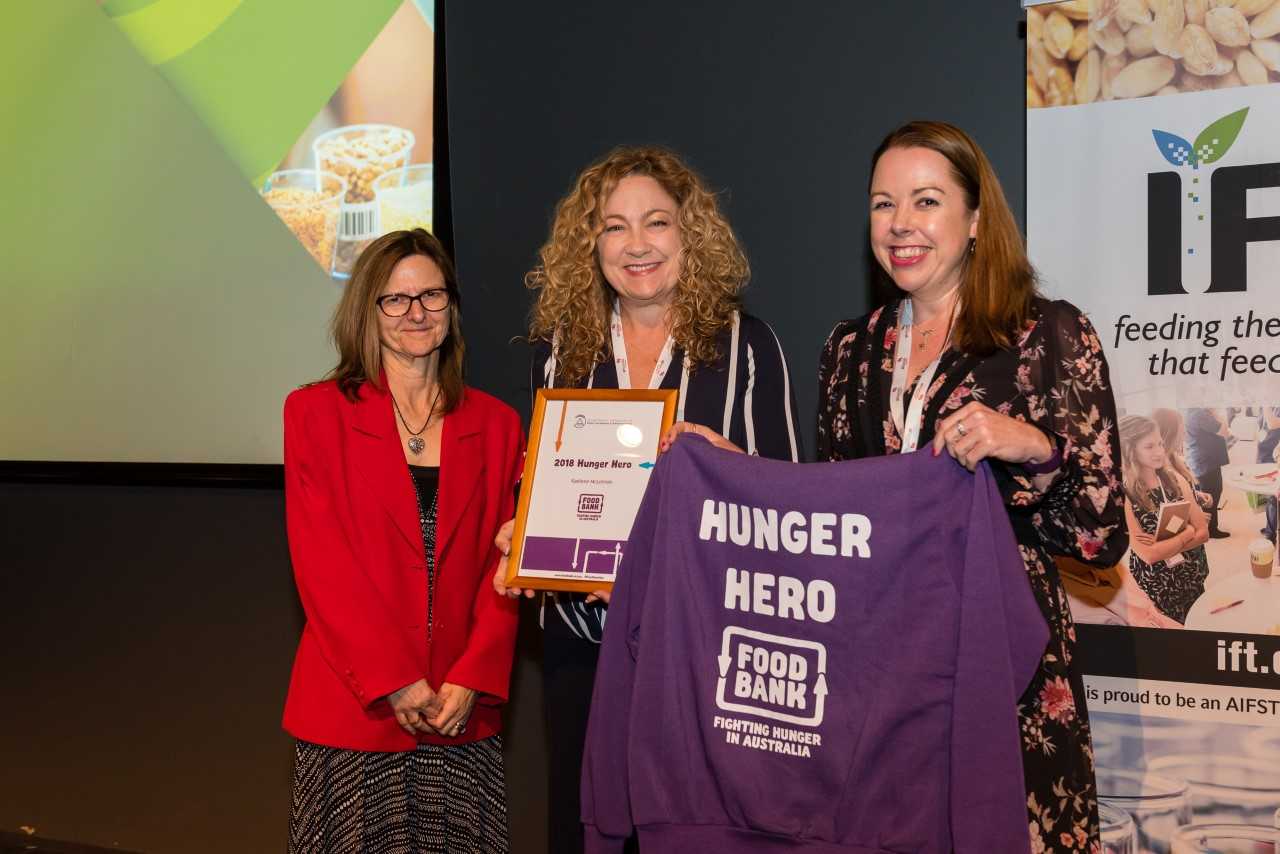This change will take effect from 2019.
“The DAA Board, together with new CEO Robert Hunt, have decided to conclude Corporate Partnership Agreements with companies within or related to food manufacturing and food industry associations,” said DAA via an official statement on its website.
“[The] Corporate Partnership Programme has been of value to DAA and its members for the last 20 years. However, with the appointment of our new CEO coinciding with outcomes from our recent member surveys, it was timely to conduct a major review.”
All existing contracts will be honoured until the programme concludes on December 31 2018.
DAA CEO Robert Hunt said via a 6PR podcast: “Back when the programme started, the internet was just starting [and information wasn’t readily available], so the purpose was to provide companies with a channel by which to get information out there via our dietitians.”
“20 years ago it was meant as a positive thing. […] Times are a-changing, and 20 years on, there is now a lot of information available out there with a nutritional focus.”
Commenting on some partnership ‘misuse’ (where products involved were not always healthy), he added that: “We have a higher purpose and focus and should always focus on getting the most credible endorsements. […] Regrettably, within certain corners, there were times that [less-credible endorsements and/or information] unduly influenced work by the dietitians and DAA.”
Hunt also stated that DAA now has ‘bigger issues’ in the community to deal with that impact the health of Australians, including changing diets and habits, societal pressures, obesity, mental health and elderly care.
“[It is shocking that] we spend more on food for prisoners than for our elderly in nursing homes,” he added.
“I was also shocked to find out [upon assuming this role] that Australia does not have a National Nutrition Policy which would cover all of these issues and more. The last one we had was in 1992.”
Australian government’s major role
When it comes to solutions, Hunt said that it is “absolutely a role for the government.”
“We’re ready to support that, but the government needs to ply a whole lot more work into intervention strategies, building awareness, empowering the consumers to make healthy choices and more.”
Hunt sees the current Health Star Rating scheme as a “good thing, but with no mandatory presence, it becomes just a noble attempt as it is only voluntary and opt-in. Some [products] have it and some don’t.”
He also opined that the government should ‘absolutely’ stop junk food advertising, as well as implement a sugar tax.
“[Many argue about overregulation and freedom of choice], but it’s too easy to make a wrong choice as there is so much info out there.”
“[Consumers] need a professional to help guide [them] through that maze. [As such], we need to have a focus on the right people distilling the right health information for the community too.”
“One of the biggest problems right now in this country is that there are some unfortunate major reactions to these absolutely critical issues.”
Australia Heart Foundation Tick
The DAA announcement comes on the heels of the conclusion of another long-running food industry-partnership programme in Australia, the National Heart Foundation’s Tick Programme.
“After 26 years as an industry leader, driving healthier food choices and reformulation in Australia, the National Heart Foundation has decided to retire the Tick Programme,” said the National Heart Foundation via their website.
“The Tick Programme commenced in 1989 when there was little to guide healthier food choices for shoppers.”
“It […] involved working with food manufacturers, and was based on a simple, easily recognised logo on food packaging highlighting healthier choices compared to similar foods.”
“Now that Nutrient Information Panels are mandatory, and front of pack labelling is firmly established on the food agenda, the Heart Foundation can retire the Tick to focus on its next innovations that will improve the cardiovascular health of all Australians.”
The Tick programme will also continue into late 2018 as the foundation works with licensees to have the trademark removed moving forward.





